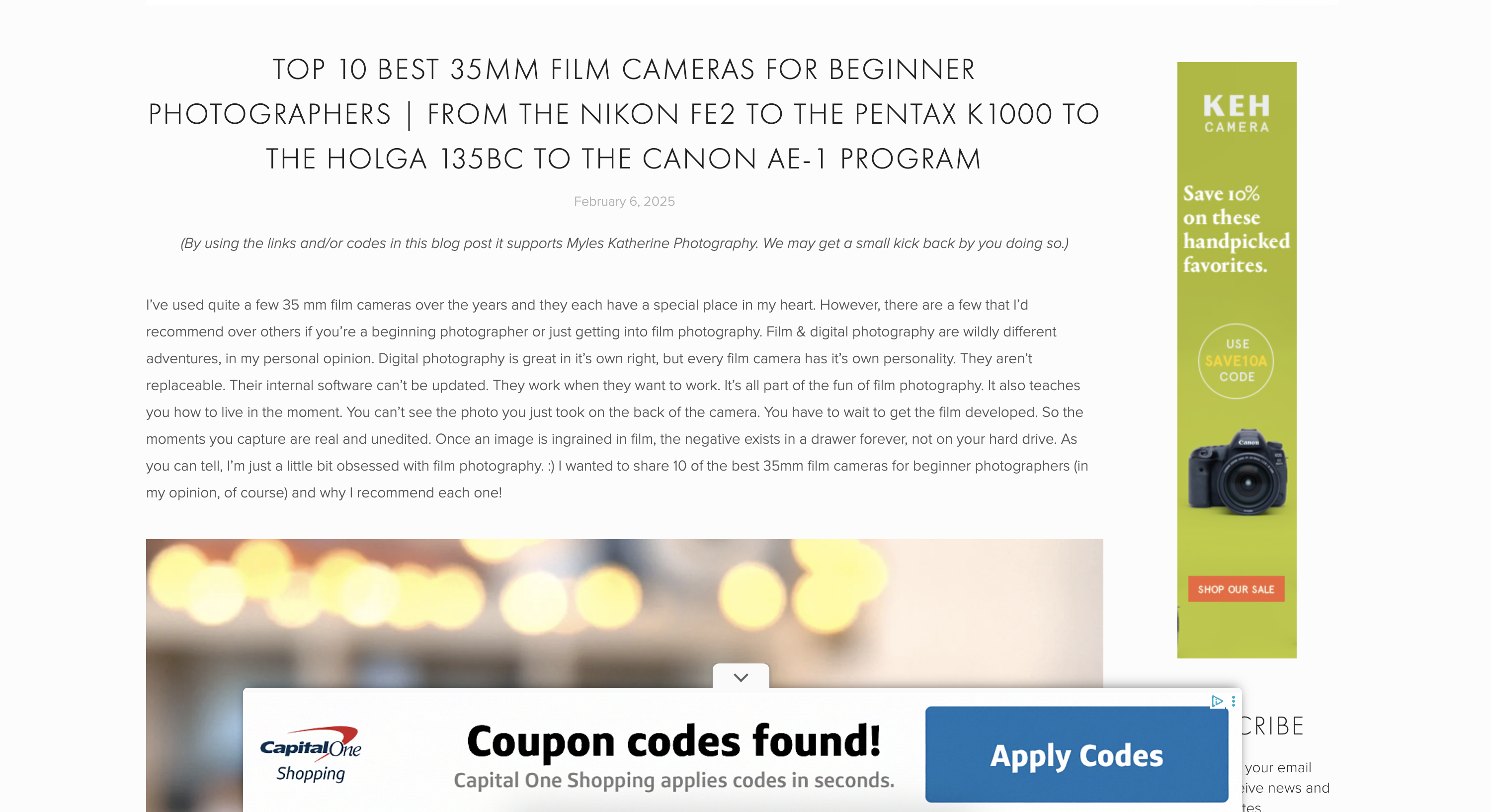
We've been hearing it non-stop lately: Google's death rattle is making its way through the web as its last gasps for air wind down while our AI overlords greet the new day.
Dramatic? Yes. But everywhere you go it seems that's how people talk about SEO, GEO, and everything in between these days.
The problem is, most of those are opinions. Opinions are fine, but with marketing dollars on the line you need more than some opinion you saw on LinkedIn to inform your next steps. You need the truth.
We've dug our hands deep into the data, and the following is what we found on the hottest question today: where should you focus your efforts, AI search or Google?
It’s the million dollar question, isn’t it: do people still use Google?
If you ask the AI influencers on LinkedIn, nobody Googles anymore. Googling died out in 2022 when ChatGPT first launched.
If you ask the hardcore SEO veterans, no one seriously uses ChatGPT and Google is the only source of truth you can trust.
The reality? It’s a bit more nuanced than that.
Google’s share of general information searches fell from 73% in February to 66.9% in August.
Meanwhile, other survey findings provide more startling details:
Other survey findings:
That's one source. If you ask another, like SparkToro, you'll see a different story: Google Search Grew 20%+ in 2024; receives ~373X more searches than ChatGPT.
One survey shows Google on a steady decline... and another shows Google on the up-and-up, who are you to believe?
The problem with numbers is, they're usually used to convince you to open your wallet while subscribing to a particular point of view. The honest truth is, this space is changing rapidly and hard, firm numbers are few and far between. It's obvious that people are searching traditional Google less than before because they are supplementing some searches with ChatGPT/Claude, but there is no data I've seen that suggests people are not Googling at all.
To illustrate the fuzzy nature of how search is changing, let's look at a personal story from yours truly.
Recently, I decided to dabble in film photography. What ensued is a fascinating (and real-life) example of how Google and AI models can join forces to influence a buying decision.
For narrative purposes, let's break this journey down into the following stages:
Obviously, my first choice was Google.
I searched for "Best film cameras for beginners" and was quickly overwhelmed by the content that ranked. This was good, SEO-optimized content, but it was far too much for me at this stage!

I found several 5,000+ word blog posts with 15-20 camera recommendations and technical specifications I didn't understand.
It was just too much, I wanted to choose from two or three cameras, not 20!
When I want human-led insights, I turn to Reddit for advice. My next search was for" Best film cameras for beginners Reddit" to pull Reddit posts from people just as confused as I was.
This was instantly more helpful than the SEO-driven content that I found!
There were answers from real photographers and consistent mentions for a few popular models of film cameras that were both affordable and accessible for beginners like me. What's more, this also included anecdotes from the people who used the cameras, which helped shape my decision.
I was caught between the following models:
Now that I knew what to search for, I could narrow the type of content that Google returned to me.
I didn't want a treatise on film photography; I wanted to know what the pros and cons of each model were, and I wanted comparisons between them. I kicked off a series of searches like:
Which returned helpful and instructive content that influenced my buying decision. I got comparisons from photographers, in-depth reviews of each camera and sample photos,
This was exactly what I needed for a buying decision, and I ended up choosing the Pentax K1000 and have already shot three rolls!
This journey reveals that AI and traditional search serve different purposes:
So here’s the million dollar question: is content still worth creating? Are blogs still a valid SEO strategy, or should you invest your time elsewhere?
There are two elements to this:
Let’s answer these one at a time.
If you’re creating content purely for the purpose of information transfer to drive traffic, I’m sorry but that is long dead.
What do I mean by information transfer? Any of the following:
As we saw above, AI can generate this instantly and often more concisely.
But this is just one type of content that you could create. It’s also the lowest-effort and often the least likely to return any form of ROI, which is why I’ve been deprioritizing it for years when building SEO strategies for our clients.
In a word, yes. But only if it’s the _right_ kind of content.
Sure, you could feed ChatGPT a list of 50 keywords and ask for SEO-optimized content to target each keyword and it’d do a decent job. But so can your competitors.
While it feels like you’re getting ahead, you’re really just generating nearly identical content to your competitors and putting your website in a race to the bottom.
Here’s what works better for our clients:
Experience-Based Content
Problem-Solving Narratives
Strong Opinion Pieces
Think outside the box with content and you still have a great shot at success.
Tired of spammy, boring marketing newsletters? Why not subscribe to...
Delivered to your digital doorstep every Friday.